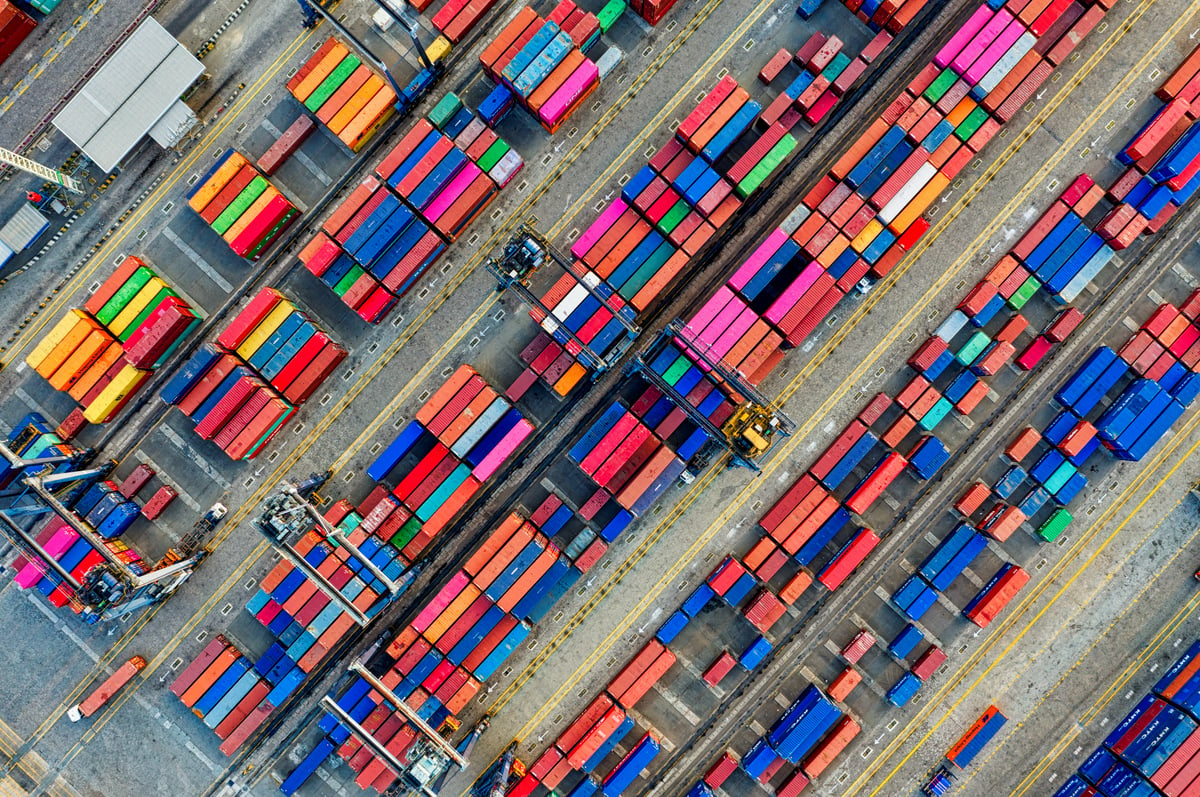
Author: Simon Jones, Executive Director of Communications at Westco.
Please get in touch with simon@westcocommunications.com if you would like more information.
The idea to re-introduce freeports to the UK came from a Centre for Policy Studies paper written by an ambitious newly elected Conservative MP in 2016. He asserted that freeports would provide a fast response to Brexit that would increase manufacturing output, reinvigorate the North, and promote trade. Then he successfully persuaded Boris Johnson to include the idea in the Conservatives’ 2019 election manifesto. That aspiring new MP was none other than Rishi Sunak, who has enjoyed a meteoric rise to become Chancellor of the Exchequer within five years of entering Parliament.
On 10 February this year, the Government launched a consultation on its plans to designate up to ten freeports across the country. Freeports are areas that, although inside the geographic boundary of a country, are considered outside the country for customs purposes. This means that goods can enter and exit the port without incurring the usual import procedures or tariffs, enabling domestic manufacturers to assemble, repackage or adjust items in a duty-free area before exporting them.
Mr Sunak has been even busier than normal since the outbreak of the Covid-19 pandemic, as have many of the local and port authorities who aspire to achieving freeport status. The Government’s consultation has been extended, so that instead of closing on 20 April, submissions can be made anytime before 13 July 2020. So it is not too late for local authorities to submit ideas as to how freeports should operate.
The Government has established a Freeports Advisory Panel which met in person before the lockdown. The Panel has a genuinely open mind as to how to make the idea a success. In addition to tariff flexibility, customs facilitation and tax measures, it has said it will also consider planning reforms, additional targeted funding for infrastructure improvements and measures to incentivise innovation.
A freeport does not actually have to be on the coast at a dockside; so much freight is imported and exported by air in a modern economy that airports across the country are also weighing up the possibility of achieving designated freeport status. Nor do freeport areas necessarily have to follow the geographical boundaries of a particular local authority, combined authority or a LEP; radical ideas are welcome and now is the time to put them forward. An ingenious suggestion at this stage may catch the imagination of Mr Sunak and his Treasury team, enabling your area to gain tax-free status and attract investment, jobs and local growth.
While it is a busy time in local government, opportunities such as this do not come round often. In the coming weeks, you can flag up your area’s interest in becoming a freeport without having to make any formal application. The Government will take on board the consultation responses and, in due course, will publish its own strategy and formal invitation to bid for freeport status.
In addition to getting the Treasury on side, eventual bidders will need to learn to navigate the corridors of three other government departments which are taking a close interest in the freeports policy: International Trade, Transport and MHCLG. In the coming weeks, we will see which local authorities took the chance to get on board with one of the Government’s flagship policies for the economic renaissance that country so badly needs.
